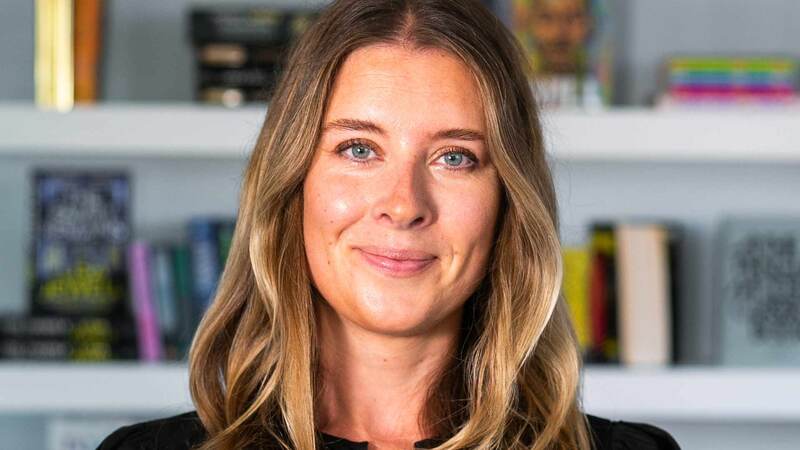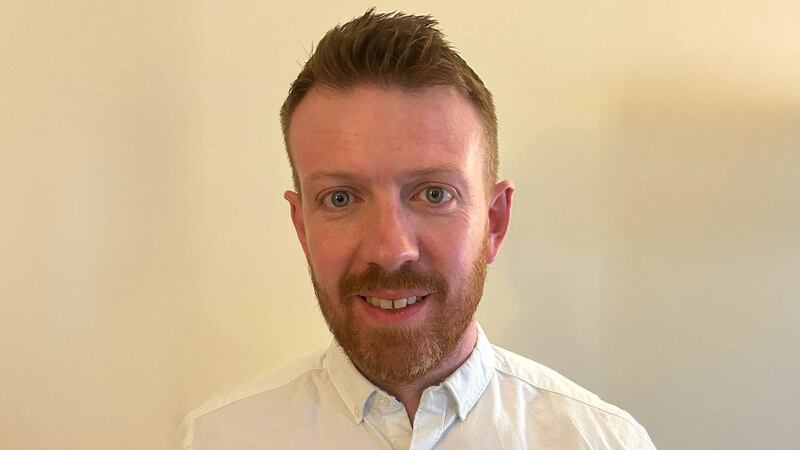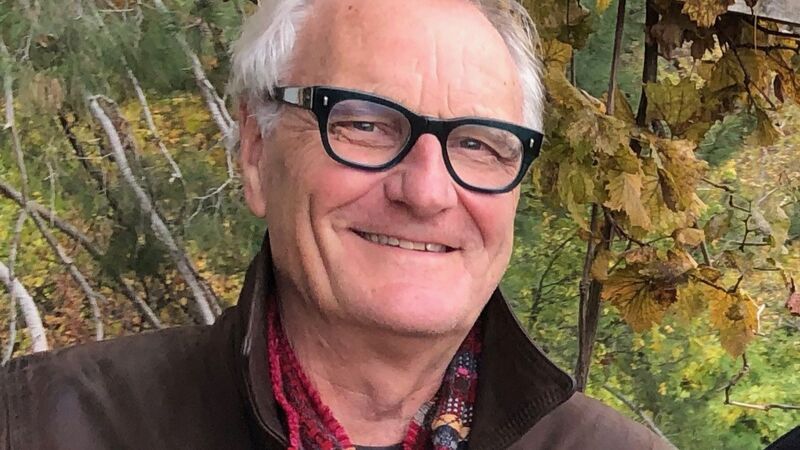You are viewing your 1 free article this month. Login to read more articles.
Parragon plans US growth push
Bath-based Parragon plans to “grow significantly” in the next five years, including boosting its business in the US, with a new American publishing team starting up next month.
The company is part of publishing and TV production company D C Thomson. Paul Taylor, c.e.o. of D C Thomson Consumer Products, told The Bookseller: “We are already a top three licensed publisher in the UK and we are number one in annuals. We are in a similar position in Australia but not in the US, so we are on an aggressive expansion plan.” The new US publishing team will consist of eight members of staff who will generate more US-specific content and acquire additional publishing licences. The company has also expanded its global sales team (there are now 30 staff in the US, up from 20; and 35 in the UK, up from 31) to sell content to new retailers.
Parragon is divided into three divisions: children’s, licensed and lifestyle. The licensed division creates books based on existing brands, such as Frozen, Peppa Pig and Superman. The children’s division creates mainly non-fiction titles in-house including the Start Little, Learn Big series (encompassing dot-to-dot, activity and colouring books) and the Factivity range of fun books of facts. Taylor said growing the children’s division was the “number one” priority for the publisher. “We’ve never really focused on our more traditional kids’ business, so we’re zeroing in on this space and thinking about how we launch some of these ranges so they have more traction.”
Parragon products sell into 40 countries worldwide, but unlike many publishers who sell rights to other territories, the UK office retains the rights for books that it exports to the US and Australia. “When we hire people from other publishers they are often surprised that we completely own the rights over a book, which means we are free to adapt it as we think is right for the [relevant] marketplace,” Taylor explained.
There are some regional differences between Parragon’s three key markets: Taylor said the US has more diverse retail channels than the UK and is more price competitive, but added that children’s content (apart from annuals) always “travels well”. Selling a book successfully to the US can come down to small differences such as understanding the way shops’ bookshelves are designed: US shelves frequently have a lip that is four inches high, so book designers have to focus on the top half of the front cover in order to make a book stand out, Taylor explained.
Concepts are generated in-house, and illustrators and writers are paid a flat fee—Taylor said they are happy to work on a pen-for- hire basis as they are paid “more than an advance . . . with no risk attached.”
Last year the company sold 66 million books, for a value of £206m, through Nielsen BookScan, and some of its big sellers this year through BookScan include Nickelodeon PAW Patrol Happy Tin, which has sold 47,076 copies since the start of the year, and Disney Twisted Tales: A Whole New World, with sales of 14,420 copies in 2016 to date (pictured).
However, Taylor said “the majority” of Parragon books are sold through non-Nielsen channels. “Nielsen is a good proxy for watching trends but when we look at our ranking in Nielsen and our own internal numbers, we know we’re off the radar. Our non-Nielsen business is substantially bigger than most publishers.”
Parragon sells white-label (i.e. non-branded) products to various retailers, including the Chad Valley range at Argos, and the publisher’s books also sell at outlets such as Poundland and Harrods. Taylor said he gets a “huge buzz” from getting books into the hands of people who might be intimidated by going into a Waterstones branch, and that the key to Parragon’s success is understanding the tastes of customers at each different retailer.
The market is, in general, accepting of the need to sell books in non- traditional channels and publishers have adapted over the past 20 years, he added. “These channels are a very big part of the market. You can’t ignore them. With all respect to Daunt Books or Waterstones, they can’t be everywhere. It’s in all of our interests to expand the market as much as possible.”


















